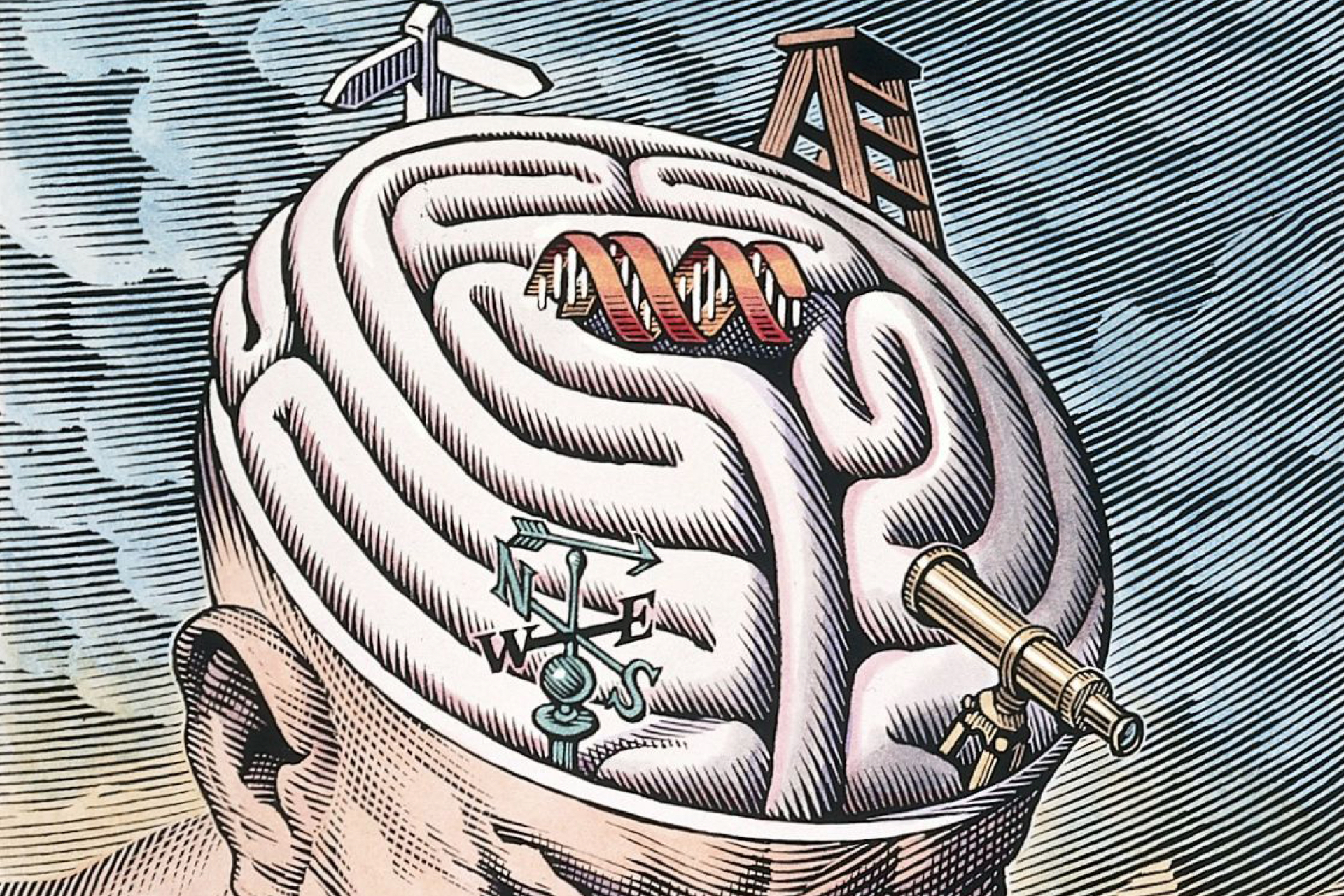If you are a regular BioNews reader you will have seen that often we report on exciting findings from genomic studies, only to caveat them with something like 'the data used in this study were all from people of European ancestry, meaning that the results may be less applicable to people from other ethnic backgrounds'.
There's little doubt that for everyone to benefit from genomic medicine, the data that is used to make predictions, algorithms and decisions needs to be reflective of the whole patient population. Multiple initiatives in the UK and beyond are trying to meet this goal, and the Genomic Equity series of webinars hosted by Genomics England aims to 'share the latest experiences, projects and research of those working to improve equity in genomic medicine across the world.'
The speaker for this webinar, bioethicist Dr Anna Lewis studies the ethical, legal and social implications of genomics, and is currently based at Harvard. She published a paper on the same subject as her talk in Science earlier this year, and as this is a subject that intersects with my work regularly I was keen to hear what she would say.
It was refreshing to hear a different, but complementary perspective to those often presented in discussions in this area. Instead of talking about community outreach and building trust (which I don't deny the importance of) Dr Lewis' key argument is that any way of categorising people in terms of ethnicity, race, ancestry or community is ultimately counterproductive in genomics.
She started by talking about the rise of the word 'ancestry' in academic literature, and how that corresponds to the decline of the word 'race'. It has been widely accepted that race is not a biological variable, she argued that other ways of classifying people into groups can, even unintentionally, be as problematic.
She talked through different ways we think about, and describe our ancestry: our own DNA, family and ancestors, a culture we identify with, geographical or continental categories, racial categories (white/black/Asian/Hispanic etc), and how these are often poorly defined when discussing ancestry in research.
An example she offered is the 'white British' category on UK Biobank which conflates a racial characteristic (white) with the self-identified cultural characteristic of being 'British'.
Classifying people by continent of origin has its own problems – first, it is unclear how far back to go – is it where a person was born? Their parents? Their grandparents? How many generations? Second, because even before the huge movement of people in the modern age, the continents were never perfectly isolated siloes of 'pure' ethnic types. There has always been movement of people, flow of genes, and especially in contiguous landmasses like Eurasia any distinction between which people are 'European' or 'Asian' is drawing an artificial line on a continuum.
Additionally, we now have many people who have grandparents from two or more different continents. Dr Lewis argues that classifying such people as 'mixed' implies that there are pure types, which as described above never really existed, and can have damaging social consequences.
So, if we reject the idea of race as a biological variable, and accept that concepts of 'ancestry' or 'population' are also problematic, how should we look at the diversity in human genomes, and understand how the differences between us contribute to inequalities of heath and disease?
Here Dr Lewis introduced the concept of Ancestral Recombinant Graph (ARG) which 'describes the inheritance of each part of the genome for every individual who ever lived'. It does not show any connection to ancestors outside of genetic or genealogical connections, excluding aspects of culture and geography. The ARG does not separate people into groups, but can be used to see which people have more or less of their genomes in common.
I would like to know a lot more about ARG and how it can be used – Dr Lewis said that polygenic scores, for example, can be adjusted to take account of patterns in the ARG, but I would like to know more about how that works. At the same time, I'm aware that the whole topic of ARG is very science-heavy, and might have been offputting to a portion of the audience who were expecting a more ethics-heavy presentation.
ARGs offer a potentially category-agnostic way to deal with but it does not offer a pathway to getting more diverse genomes into datasets in the first place. I felt this aspect of the diversity problem was not addressed, and I suspect some viewers would have been disappointed that the webinar did not offer any suggestions about improving the diversity of participation in genomic datasets.
Overall, Dr Lewis gave me a lot to think about, and I'll definitely be looking out for more about ARGs in the articles that come across my desk. I would be delighted to replace the caveat that I mentioned earlier with a declaration that the new research we're reporting is equally applicable to all.
The webinar took place on 14 July 2022 but the video is available to watch here.




Leave a Reply
You must be logged in to post a comment.